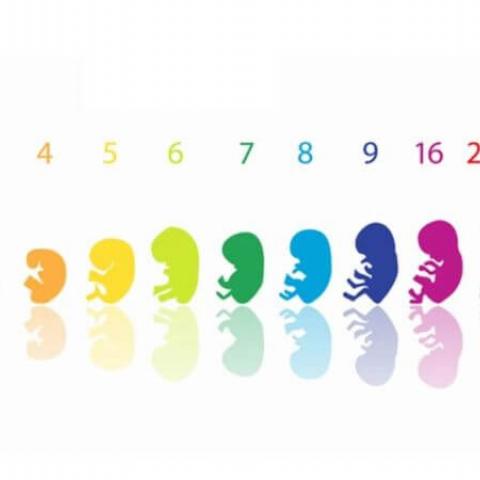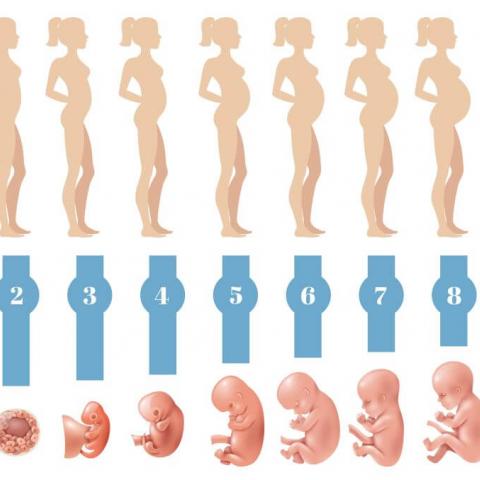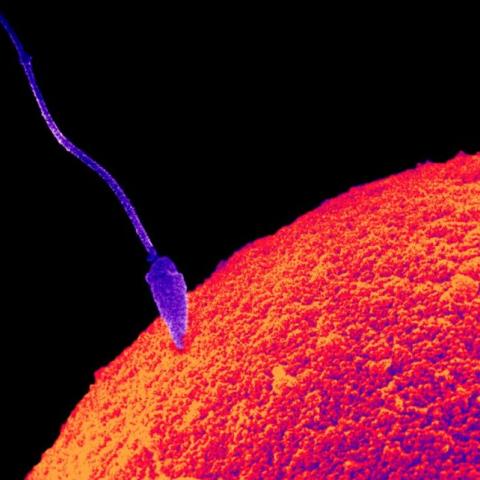Wiki: Pedia
A wiki is a website designed for collaborative editing, letting many people create, update, and organize content directly in a web browser.
Simplicity and openness are central to wikis: anyone can often add or change pages without technical knowledge, and edits are usually logged for review or rollback.
Common features
- **Collaborative editing:** Multiple people can edit the same pages, occasionally concurrently.
- **Edit history:** Every modification is recorded with a timestamp and the editor’s identity or IP address.
- **Interlinking:** Links between pages are simple to create, helping build connected content.
- **Lightweight markup:** Pages are typically formatted with lightweight markup like WikiText or Markdown.
- **Permission settings:** Access controls vary — from fully open editing to permissions for certain users or groups.
- **Discussion pages:** Dedicated discussion pages enable contributors to coordinate and discuss content.
Frequent uses
- Community-driven knowledge bases (for example, Wikipedia)
- Project docs and corporate knowledge repositories
- Group writing and collaborative note-taking
- Educational and classroom projects
Benefits
- **Fast collaboration:** Many people can collaborate and iterate quickly on content.
- **Openness:** Edit histories and talk pages reveal how content decisions were made.
- **Expandable:** They scale organically as users add more pages and topics.
Drawbacks
- **Vandalism and false information:** Public editing can lead to vandalism or incorrect information.
- **Inconsistent quality:** Entries may vary in accuracy, style, and completeness.
- **Organizational issues:** Without clear governance, content may become fragmented or disputed.
Notable example
- **Wikipedia** — the largest example, maintained by the Wikimedia Foundation and contributed to by volunteers worldwide.






















